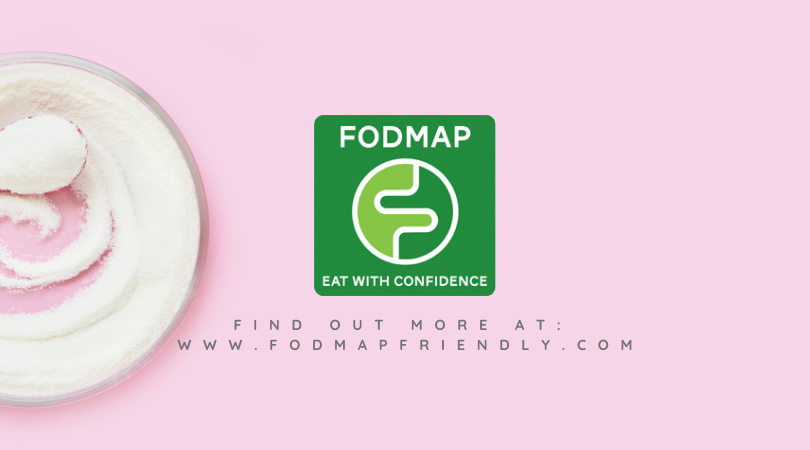Glowing Skin Starts in the Gut
Posted on October 13, 2021
Treating skin issues has to be a two-way approach, by looking at both skincare and diet. What you put on your skin is as important as what you put in your mouth.
We know that people with eczema can have inflammation in their gut and that they have different bacteria in their gut compared to people without eczema.
Over 70 years ago dermatologists John H. Stokes and Donald M. Pillsbury first proposed that emotional states (stress) might alter the normal intestinal microflora, increase intestinal permeability (leaky gut) and contribute to systemic (whole body) inflammation and skin conditions such as acne.
In more recent years we have seen many aspects of this gut-brain-skin theory being validated. The ability of the gut microbiome and diet to influence the skin via systemic inflammation, oxidative stress, blood sugar imbalance, and even mood itself, may have important implications in acne.
Leaky gut, inflammation and the skin
Studies have found that high levels of lipopolysaccharide (LPS) endotoxins in the body can interfere with wound healing and wreak havoc on the gut and skin. The release of LPS in the intestine is a normal feature of metabolism, however, it is abnormal when the LPS leak into the bloodstream and trigger inflammation downstream, this happens in leaky gut syndrome or gut permeability.
LPS are also associated with acne vulgaris, IBS and depression.
What is leaky gut?
The cells that make up the intestines are linked together by tight junction proteins that control what penetrates through the gut lining into the blood. When these tight junction proteins malfunction it may lead to micro holes occurring in the intestinal wall, causing undigested foods and toxins (such as LPS endotoxins) to leak into the bloodstream (leaky gut) which in turn may cause a systemic (whole body) inflammatory response.
What causes leaky gut?
The main offenders are thought to be medications, especially antibiotics, alcohol, stress, gluten and food allergens. Also eating a poor diet low in fibre and rich in processed and sugary foods may be linked to leaky gut. Gut problems such as Inflammatory bowel disease (IBD) and Small intestinal bacterial overgrowth (SIBO), which is an abnormal increase in the overall bacterial population in the small intestines, have also been associated with skin issues.
How do you improve gut health?
Reduce the intake of alcohol, learn how to manage stress better and only use antibiotics when absolutely necessary. Eat foods high in prebiotic fibre such as fruit and vegetables, and probiotics such as fermented foods like non-sweetened yoghurt and sauerkraut. Avoid any known food allergens or irritants. You could introduce foods that help to heal the gut lining such as bone broth, healthy fats and vegetables high in prebiotic fibre and introduce some effective supplements such as:
· Collagen
· Glutamine
· Aloe vera
Removing gluten from the diet (only for those with Coeliac Disease) has shown to improve intestinal permeability.
Feed the good bacteria
The good bacteria help to maintain a healthy gut lining and they also digest the food you eat, reduce inflammation and help protect you from harmful bacteria that may enter your body so you really want them on your side.
Dysbiosis in the gut is caused by an imbalance between the good and bad bacteria, associated with leaky gut, bloating and immune dysfunction.
Feeding the gut bacteria a diverse diet, rich in foods containing prebiotics may help achieve an abundant and diverse microbiome. Prebiotics are a food that the microbiome feed on enabling them to grow and multiply.
Prebiotics are found in these high FODMAP foods:
• Onion, leek and garlic
• Jerusalem artichoke
• The skin of apples (pectin)
• Chicory root
• Beans
• Red and black rice
Alternatively, you can also supplement with prebiotics such as partially hydrolysed guar gum PHGG, Acacia gum, inulin and FOS to really boost the good bacteria. Not all prebiotic fibre is made the same and some can cause bloating in people with sensitive guts. Two low FODMAP prebiotics are PHGG and Acacia gum. Prebiotic fibre may also help to keep your bowels regular. Constipation may be associated to acne.
Achieving the optimum gut and skin health
The Gut Cø was founded by Pernille Jensen, a naturopath and clinical nutritionist, who for the past 13 years has dedicated her life to researching gut health and have formulated the most cutting edge high potency gut powders to do 2 things:
REPAIR the gut lining and FEED the good bacteria the food they need to grow and multiply.
The products offered by The Gut Cø {FEED and REPAIR} are a culmination of years of experience and knowledge as well as a whole year spent formulating and sourcing high potency, sustainable ingredients that dissolve easily and taste great.
Each product is bio-available (easily absorbable), highly effective, and is formulated without GMO ingredients, soy, gluten, synthetic flavours or colours. These products are FODMAP Friendly certified, meaning they are easy to digest even for those with sensitive guts.
FEED is The Gut Co’s naturopathically formulated blend of prebiotics and probiotics which act as food for your good gut bacteria.
REPAIR is a complete, naturopathically formulated super powder of ‘skin vitamins’ designed to aid in skin health and strengthen your hair and nails. It also aids in strengthening the gut lining which contains 70% of the immune system. You can buy from The Gut Co online www.thegutco.com.au, and be sure to follow them on Instagram @thegut.co and Facebook @TheGutco.
Find out more about The Gut Cø here
As always, seek personalised support from a FODMAP-trained Dietitian.
Written by: Pernille Jensen (Naturopath, Clinical Nutritionist)











